Food is the most important thing for the people. It is very important to eat this.
The standard of living has improved. When people eat, they are no longer satisfied with filling their stomachs, but begin to pursue delicious food and health.
Many friends with chronic diseases will always struggle: How should I eat in order to control the disease?
We always say we need a healthy diet, but what is this [healthy diet] like?
The following are the suggestions of doctors in the seven major departments. Listen to their explanations from their respective angles, which will definitely inspire you.
Cardiology: Eat no more than 6g of salt every day,
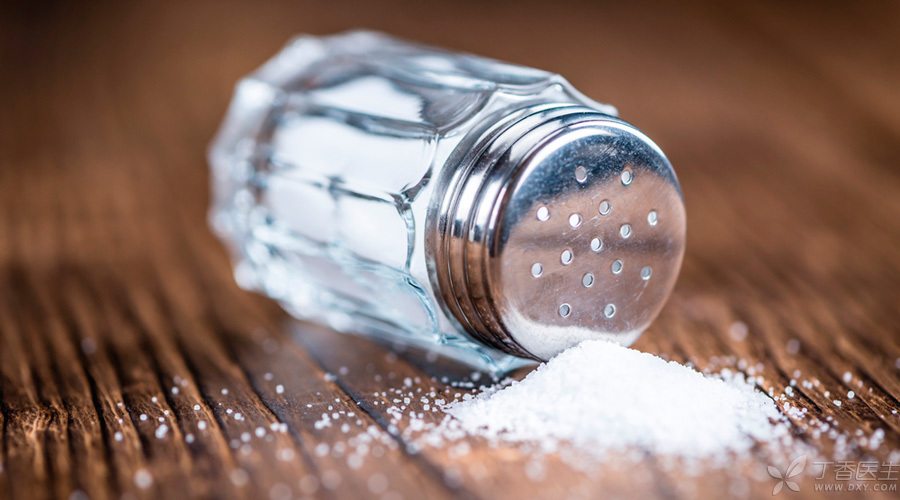
Salt is the best of all tastes. If there is no salt, the taste will always be almost interesting.
However, it is distressing that eating too much salt will significantly increase hypertension. Hypertension will further increase the risk of a series of serious diseases such as coronary heart disease, stroke and renal failure.
The Dietary Guidelines for Chinese Residents suggest eating no more than 6g of salt per day-that is, the amount of beer bottle caps with rubber pads removed and filled with salt flatly.
In addition, chicken essence, soy sauce, raw soy sauce, chili sauce, instant noodles, ham sausage, potato chips, etc. also contain a lot of salt. If you don’t pay attention to keeping your mouth shut, it is easy to exceed the standard.
Endocrinology Department: Diet Less Sugar and Control Calories

Most patients in endocrinology department are diabetics.
In addition to drugs, diet is also important for blood sugar control.
Diabetes patients need to eat less refined white rice flour and increase the proportion of coarse grains in staple food. They contain more abundant dietary fiber, minerals, etc., and the blood sugar index is also lower, which is conducive to blood sugar control.
Diabetics can eat fruits, so as to enrich the variety and eat less each time, and try not to drink fruit juice.
Of course, it is unreasonable to control only certain kinds of food. Excessive control can also cause hypoglycemia and malnutrition. It is better for endocrinologists to give a diet advice with appropriate nutrition ratio and calories according to the patient’s activity intensity, body mass index, age and blood sugar.
Rheumatology and Immunology Department: Abstain from Alcohol and Eat Less Seafood
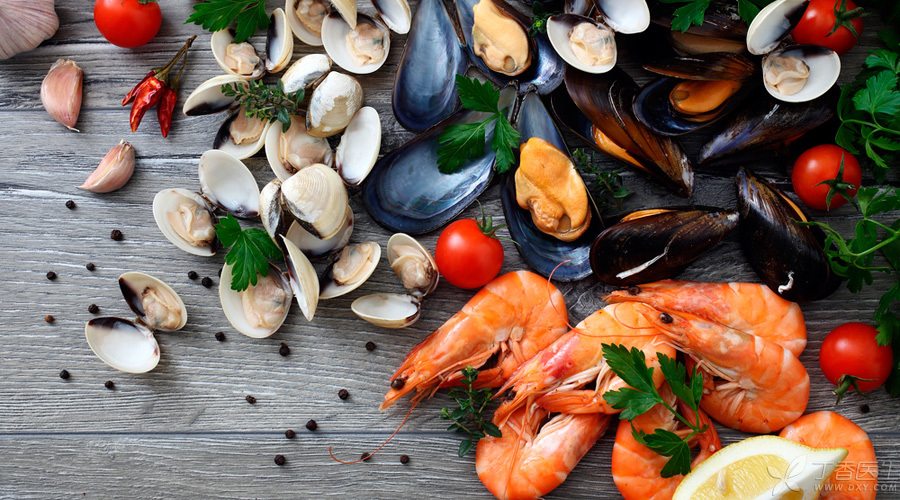
Rheumatology and immunology doctors always take pains to stress to gout patients that they should eat low purine diet and eat less seafood such as animal viscera, shrimp, fish roe, sardines and various thick soups.
Vegetables are medium and low purine foods, and are the most important ingredients for patients with gout and hyperuricemia.
Tofu, dried tofu, soya-bean milk, etc. can be eaten in an appropriate amount during the remission period, but during the acute attack period, they can not be eaten to be on the safe side.
Nephrology: Pay Attention to Drinking Water
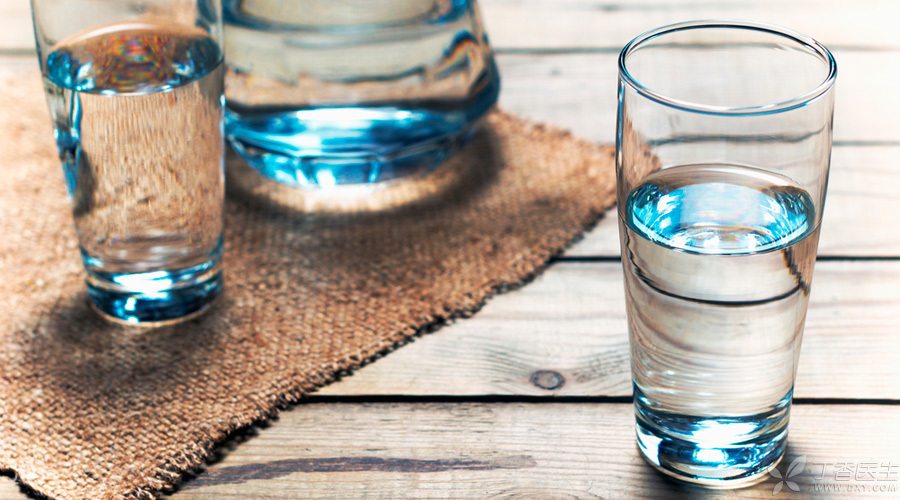
Adults are advised to drink 1.5 ~ 1.7 litres of water every day. This is conducive to the normal operation of various functions of the human body and the timely discharge of metabolic wastes.
If you suffer from kidney stones, urinary tract infection and other diseases, drinking more water is even more beneficial.
However, in the Department of Nephrology, there are many patients with various renal failure caused by chronic nephritis and tertiary education.
Due to the damage of renal function, water will accumulate in the body, increasing the burden on the cardiovascular system, leading to systemic edema and even heart failure.
These patients need to pay attention to the amount of drinking water, and should listen to the doctor’s targeted advice.
Oncology Department: Eat less barbecue, processed meat, etc.
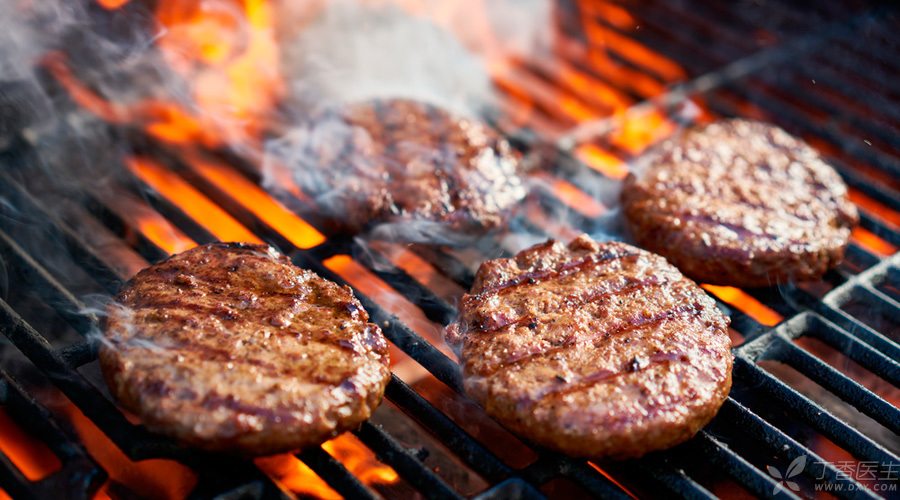
Processed meat, such as bacon and ham, is a category 1 carcinogen, which has clearly increased the risk of cancer, while red meat, fried food, such as pig, beef and mutton, is a category 2A carcinogen, which is a food with high possibility of carcinogenesis.
This is not to say that you will get cancer if you eat it, it means that it is easy to increase the risk of cancer. There is no need to worry about eating a small amount, but it is better not to eat it in large quantities for a long time. For most people, the risk of eating it occasionally is less than the pleasure brought by delicious food.
However, as a doctor, I still suggest: try to eat fresh meat and eat less fried, pickled and smoked foods. In addition, don’t eat leftovers, pickled vegetables and hot drinks that are too hot. Just throw away moldy food.
In short, when eating, one might as well grasp a fresh and simple principle-choose fresh fruits, vegetables, meat, fish, eggs and milk, and cook by steaming, blanching, stir-frying, cold mix, etc.
Digestive Internal Medicine: No need to avoid food specially, just eat a balanced diet.
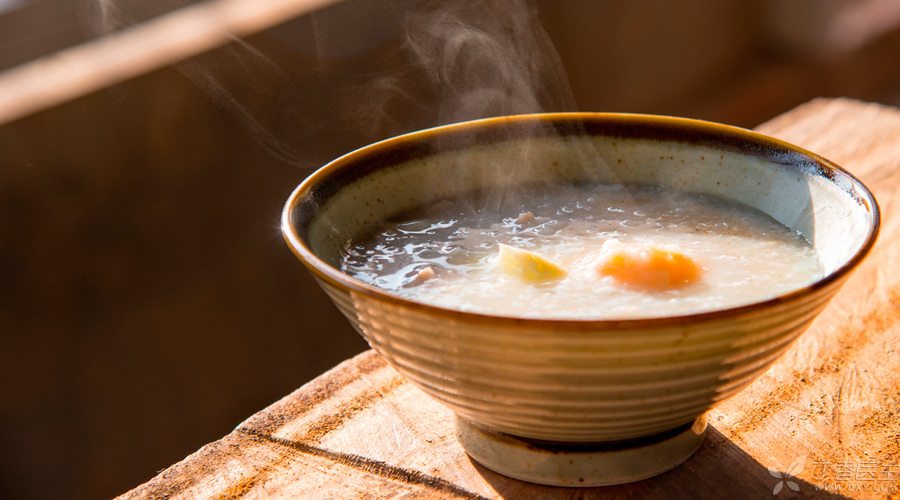
Dyspepsia, belching and acid regurgitation, abdominal pain and gastrointestinal discomfort, many people’s first reaction is to avoid eating raw, cold, spicy, rough and hard, indigestible food, only choose porridge, steamed bread and vegetarian food.
Doing so is not only not conducive to the treatment of chronic gastritis and ulcer, but also may not be conducive to disease recovery due to malnutrition.
Not to avoid eating is not to let everyone drink ice water, overeat and eat sea plug, on the premise of not aggravating the symptoms of stomach discomfort.
However, if what is not uncomfortable after eating some food, then there is no need to avoid such food. A balanced diet can ensure sufficient nutrition.
General Surgery: Supplement High Quality Protein after Operation
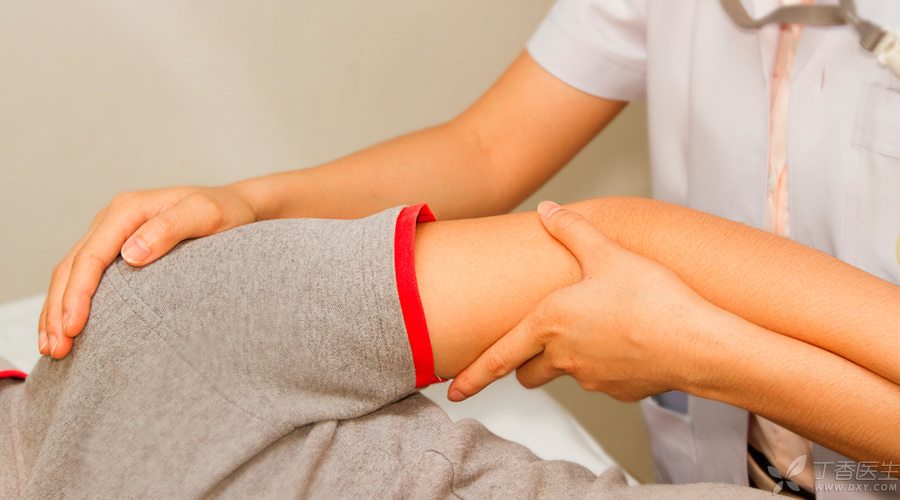
Some surgical diseases are cured by hand after the knife is lifted and dropped. Remember to fast according to the doctor’s advice before the operation, but don’t pay special attention after the operation. In order to recover as soon as possible and grow a good wound, you can eat some [good].
After the operation, attention should be paid to supplementing high-quality protein, such as milk, chicken, fish, eggs, etc., and eating enough fruits and vegetables. High protein food can promote wound healing, and fruits and vegetables can prevent constipation.
After listening to the doctors’ advice, do you know fairly well?
Healthy life, might as well start with eating and drinking. I wish you good health and appetite!
